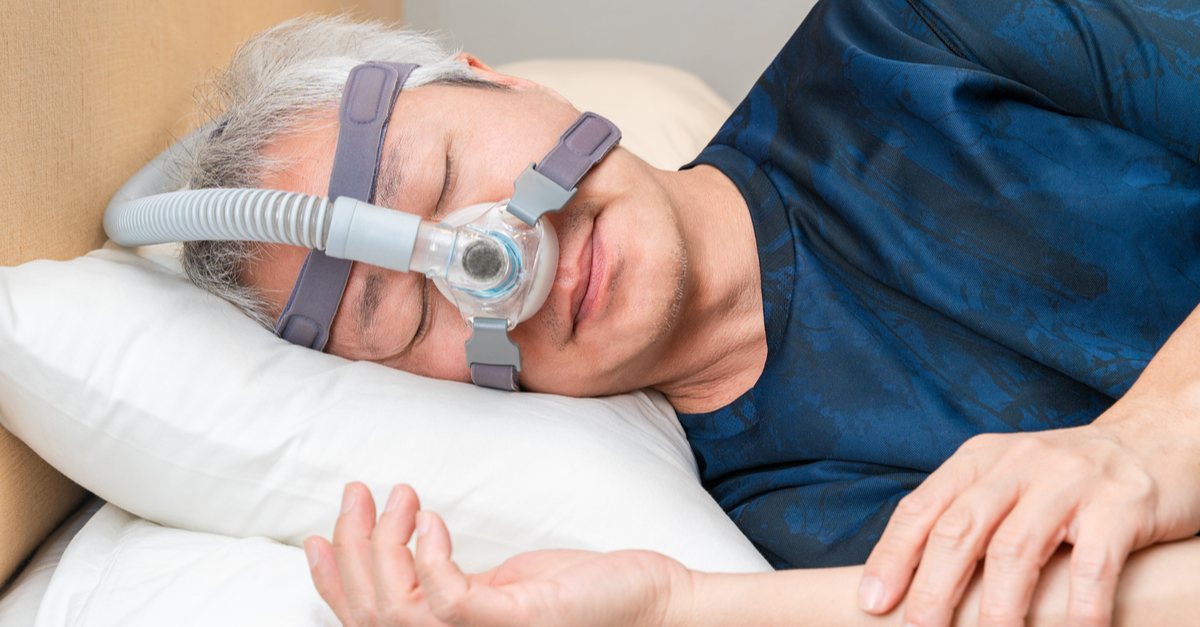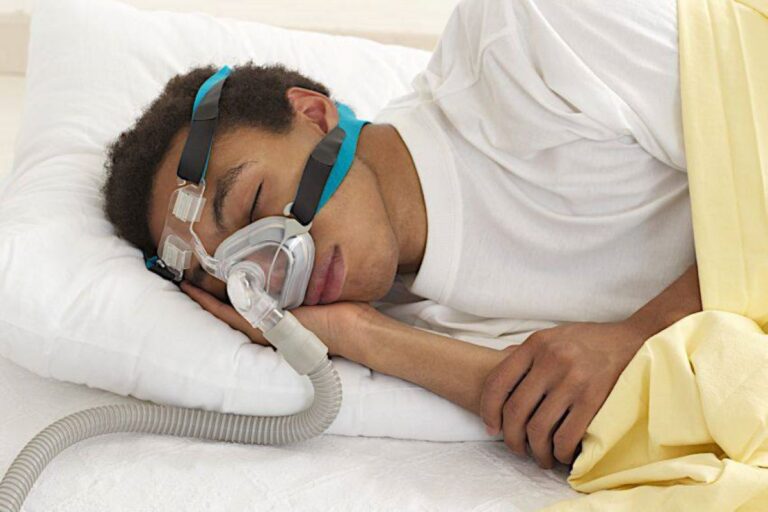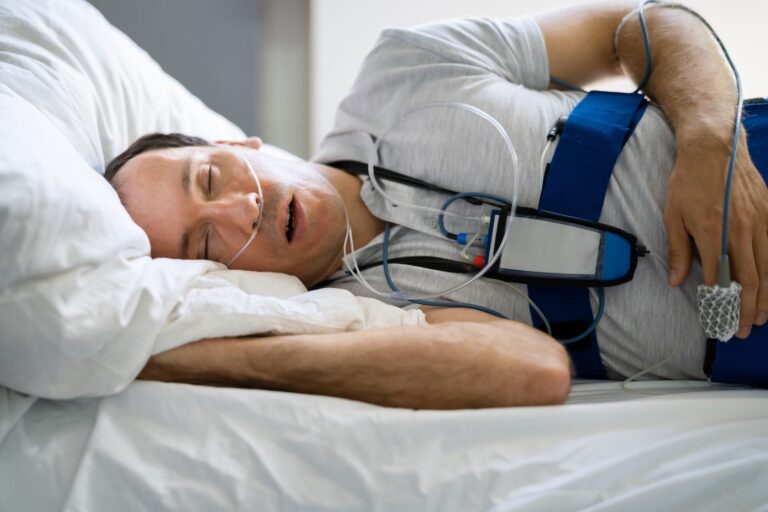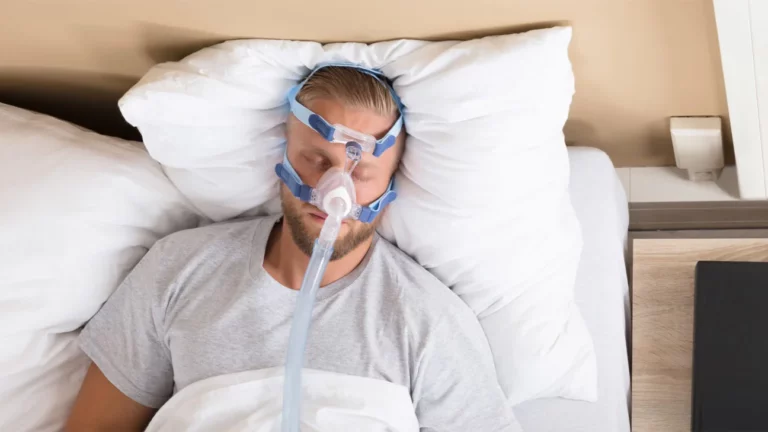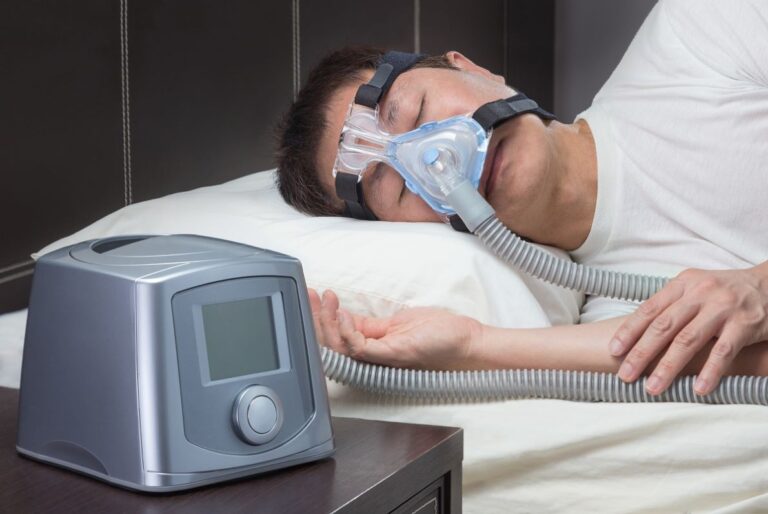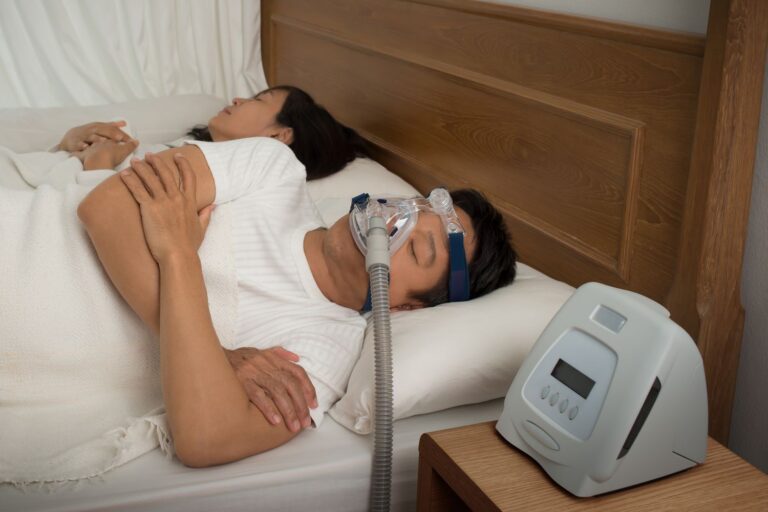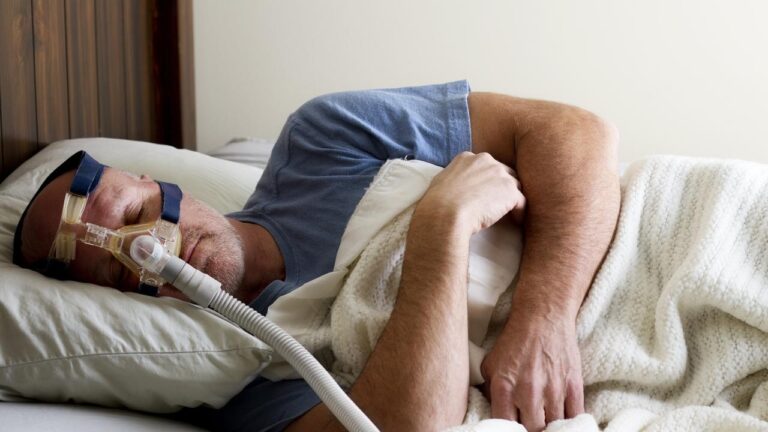Sleep apnea is a prevalent sleep disorder that affects millions of people worldwide. Characterized by interrupted breathing during sleep, it can lead to a range of health issues, including fatigue, cardiovascular problems, and a decreased quality of life. While medical treatments like CPAP (Continuous Positive Airway Pressure) therapy are often recommended, many individuals seek natural alternatives to manage their symptoms. This comprehensive guide explores natural sleep solutions for sleep apnea, offering practical and effective strategies to improve your sleep quality.
Understanding Sleep Apnea
Before diving into natural solutions, it’s essential to understand what sleep apnea is and how it affects the body. Sleep apnea occurs when the muscles in the throat relax excessively during sleep, leading to a temporary blockage of the airway. This results in repeated awakenings throughout the night as the body struggles to resume normal breathing.
There are three main types of sleep apnea:
- Obstructive Sleep Apnea (OSA): The most common form, caused by a physical blockage of the airway.
- Central Sleep Apnea (CSA): Occurs when the brain fails to send the proper signals to the muscles that control breathing.
- Complex Sleep Apnea Syndrome: A combination of obstructive and central sleep apnea.
A proper diagnosis is crucial for effective treatment, and many people undergo a level 3 sleep study to assess the severity of their condition. This type of study is conducted at home and monitors vital signs like airflow, oxygen levels, and breathing patterns to determine the presence and severity of sleep apnea.
Natural Sleep Solutions for Sleep Apnea
While medical treatments are highly effective, incorporating natural sleep solutions can significantly improve sleep apnea symptoms. These methods can be particularly beneficial for those with mild to moderate sleep apnea or for individuals who prefer a more holistic approach.
Weight Management
Maintaining a healthy weight is one of the most effective natural strategies for managing sleep apnea. Excess weight, particularly around the neck, can contribute to airway obstruction during sleep. Research shows that even a modest weight loss can reduce the severity of sleep apnea.
To achieve and maintain a healthy weight:
- Incorporate regular exercise into your routine, aiming for at least 150 minutes of moderate activity per week.
- Adopt a balanced diet rich in whole grains, lean proteins, and vegetables.
- Avoid high-calorie, low-nutrient foods that contribute to weight gain.
Weight management not only helps in reducing sleep apnea symptoms but also improves overall health, making it a cornerstone of natural treatment strategies.
Positional Therapy
The position in which you sleep can significantly impact sleep apnea. For many people, sleeping on their back causes the tongue and soft tissues to collapse backward, obstructing the airway. Positional therapy involves training yourself to sleep on your side to reduce airway blockage.
Techniques for Positional Therapy:
- Use a body pillow or specialized sleep apnea pillow to maintain a side-sleeping position.
- Wear a positional device that prevents you from rolling onto your back during sleep.
- Elevate the head of your bed slightly to reduce the likelihood of airway obstruction.
Positional therapy is a simple yet effective natural solution, especially for those with mild obstructive sleep apnea.
Breathing Exercises and Yoga
Breathing exercises and yoga can strengthen the muscles in the airway and improve respiratory function, which may reduce the severity of sleep apnea symptoms.
Breathing Techniques:
- Diaphragmatic breathing: Focus on deep breathing using the diaphragm rather than shallow chest breathing.
- Buteyko breathing method: A technique that emphasizes nasal breathing and breath control, which may help reduce airway resistance.
Yoga for Sleep Apnea:
- Pranayama breathing exercises in yoga focus on controlled breathing and can improve lung capacity.
- Certain yoga poses (asanas) can strengthen the muscles around the airway, making it easier to maintain an open airway during sleep.
Incorporating these practices into your daily routine can enhance your breathing efficiency and contribute to better sleep quality.
Herbal Remedies and Supplements
Certain herbs and supplements are believed to help with sleep apnea by promoting relaxation, reducing inflammation, or improving respiratory function.
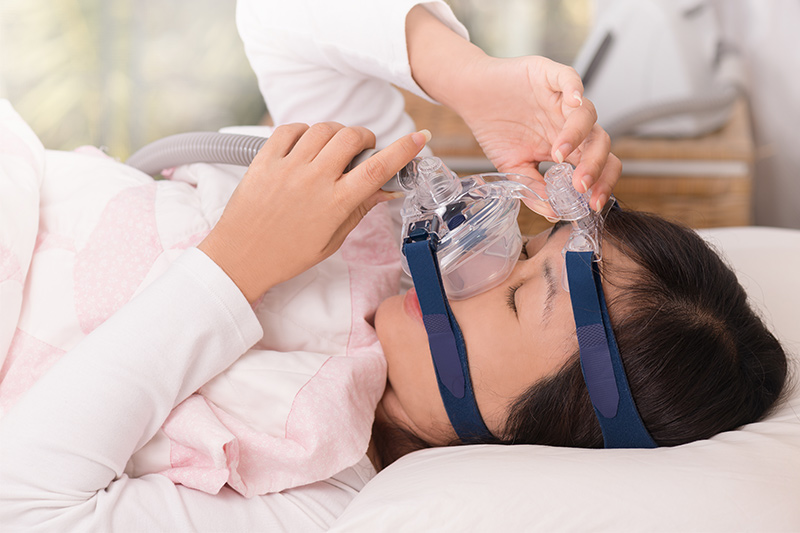
Common Remedies:
- Valerian root and chamomile: Known for their calming effects, these herbs can improve sleep quality and reduce sleep disturbances.
- Magnesium: This mineral supports muscle relaxation and can help prevent airway obstruction.
- Melatonin: A natural hormone that regulates sleep, melatonin supplements may improve sleep patterns in people with sleep apnea.
While these remedies can be beneficial, it’s important to consult with a healthcare provider before starting any new supplements, especially if you are already undergoing treatment for sleep apnea.
Lifestyle Changes
Simple lifestyle changes can have a significant impact on sleep apnea symptoms. By adopting healthier habits, you can improve your overall sleep quality and reduce the severity of the condition.
Lifestyle Modifications:
- Avoid alcohol and sedatives before bed, as they relax the muscles in the throat, increasing the risk of airway obstruction.
- Quit smoking: Smoking irritates the airways and can exacerbate sleep apnea symptoms.
- Establish a regular sleep routine by going to bed and waking up at the same time each day, even on weekends.
These changes can complement other natural treatments and contribute to long-term management of sleep apnea.
Use of a Humidifier
Dry air can irritate the respiratory system, leading to congestion and increased sleep apnea symptoms. Using a humidifier in your bedroom can add moisture to the air, reducing nasal congestion and making breathing easier during sleep.
Tips for Using a Humidifier:
- Choose a humidifier with a cool mist to avoid overheating your room.
- Keep the humidifier clean to prevent the growth of mold and bacteria.
- Add essential oils like eucalyptus or lavender to the water for added relaxation and respiratory benefits.
A humidifier can be a simple yet effective addition to your sleep apnea management plan, particularly during dry winter months.
Throat and Mouth Exercises
Strengthening the muscles of the throat and mouth through targeted exercises can help reduce the collapsibility of the airway, thus minimizing sleep apnea symptoms.
Exercises to Try:
- Tongue exercises: Repeatedly press the tongue against the roof of the mouth and slide it backward.
- Jaw exercises: Move the jaw in a circular motion to strengthen the muscles around the airway.
- Throat exercises: Sing or practice vowel sounds, as these actions engage and strengthen throat muscles.
These exercises, known as oropharyngeal exercises, have been shown in some studies to reduce the severity of obstructive sleep apnea, making them a valuable natural solution.
The Role of a Level 3 Sleep Study in Natural Solutions
While natural solutions are beneficial, understanding the severity of your sleep apnea is crucial for effective management. A level 3 sleep study offers an accessible way to diagnose sleep apnea, particularly for those interested in natural treatments. This home-based test monitors key metrics such as airflow, blood oxygen levels, and breathing patterns, providing valuable insights into your condition.
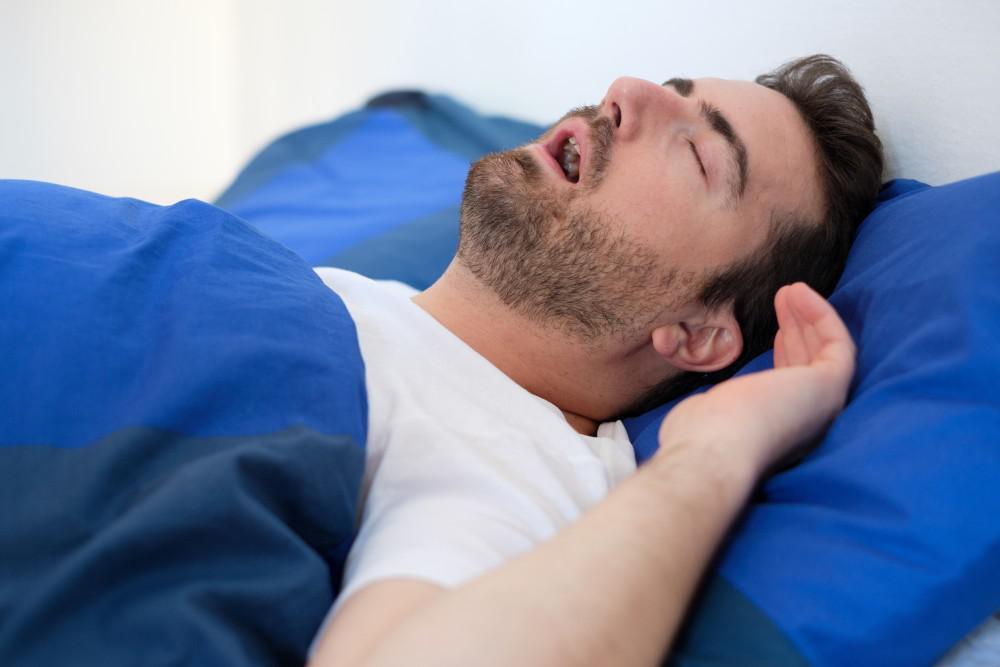
Incorporating the results of a level 3 sleep study into your natural treatment plan can help you make informed decisions about which strategies are most likely to be effective. By understanding your specific sleep patterns and challenges, you can tailor your approach to achieve the best possible outcomes.
Conclusion
Managing sleep apnea naturally is possible with the right combination of lifestyle changes, exercises, and holistic treatments. By focusing on weight management, positional therapy, breathing exercises, and other natural remedies, you can significantly reduce your symptoms and improve your overall sleep quality. However, it’s important to consult with a healthcare provider and consider the results of a level 3 sleep study to ensure that your natural treatment plan is both safe and effective. With commitment and consistency, natural solutions can play a crucial role in helping you achieve better sleep and a healthier life.
See Also: The ultimate guide to sleep disorders tests: what you need to know.

